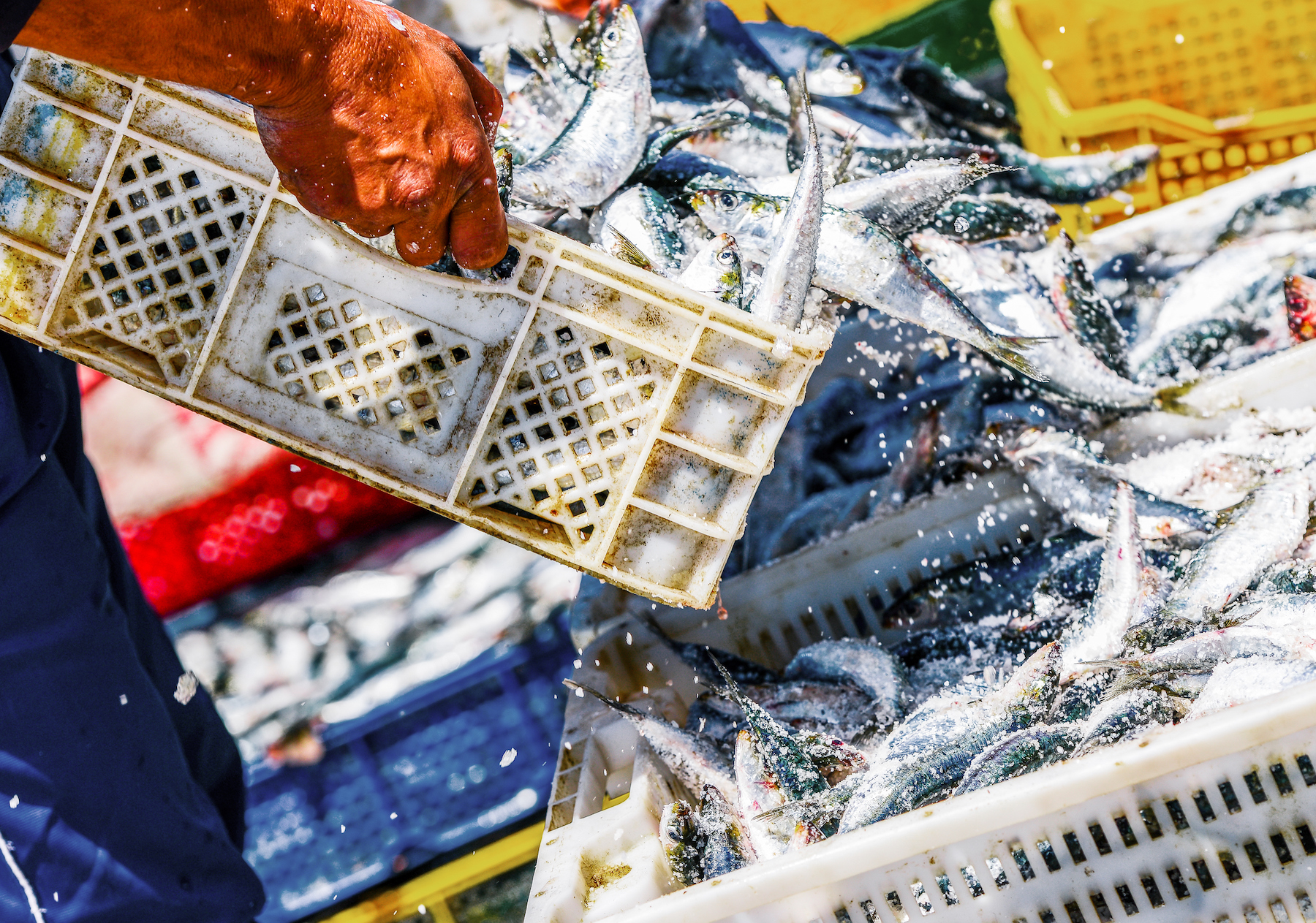Scientists urge WTO to ban subsidies that promote overfishing
June 6, 2022

June 6, 2022

Scientists are calling on the World Trade Organization (WTO) to ban subsidies that can cause overfishing at its meeting next week.
The organization’s topmost decision-making body is meeting next week, June 12 to 15, and almost 500 scientists have urged it take steps to protect fish stocks for the future. Dr. Rashid Sumaila (he/him), professor in UBC’s Institute for the Oceans and Fisheries, discusses what subsidies need to go, and how Canada will be affected.
Fuel subsidies comprise the largest type of fisheries’ subsidies worldwide, and they indirectly cause overfishing, because when fuel costs are covered, boats go out to fish more than they would otherwise. Other harmful subsidies include those that lower the cost of vessel construction, and the construction of special jetties for fishing fleets.
Banning them would mean WTO member countries would not be allowed to provide these subsidies anymore. We need a global solution because the oceans are interconnected and the global seafood market is highly integrated. Essentially, we have one global ocean since fish do not need visas to cross country’s waters or enter the global seafood trade.
Banning such subsidies would reduce the pressure on fish stocks. We estimate about $44 billion is given to the fisheries sector in subsidies each year by governments around the world, which is about 30 per cent of fisheries’ gross revenues. They can then spend money on increasing activity, e.g., going out to fish with, say, two boats, rather than one.
It’s important to note, we really are not interested in taking money out of the fishing community. What we’re concerned about is tax payer money that goes to deplete the fish stocks that the communities depend on. That doesn’t help anyone because while fishers get money in the short term, with depleted or non-existent fish stocks, their livelihood is gone forever – no fish means no fishing.
So we’re talking about redirecting the subsidies. One solution could be to use these subsidies to instead pay fishers to ‘catch plastic’ rather than depleted fish stocks. The fishers have a livelihood, the fish can restore their numbers, and the ocean gets cleaned
Another option could be to use the subsidies to hire fishers to help with the collection and analysis of fisheries data, as well as monitoring to reduce illegal fishing and improve management.
Basically, let’s think a bit more before we provide subsidies, so that the money works for both people and nature, rather than undermining nature, and in turn, people.
The Minister of International Trade, Export Promotion, Small Business and Economic Development has expressed her support for the WTO coming to an agreement on this. In addition, Canada gives relatively fewer capacity-enhancing subsidies than countries and entities such as China, the EU and Japan.
Canada is interested in a blue economy, or developing ocean sustainability and helping people adjust to this, including helping fishers transition to less environmentally damaging economic activities such as whale watching, which is popular in BC.
As well, Canada has committed to protecting 30 per cent of its marine territory by 2030 and will need resources to do this and to manage these protected areas effectively. Harmful subsidies could be redirected to strengthen ocean resilience for the benefit of both fish and fishers.
This is a tough decision, but it’s a short-term pain for long-term gain. If you look at the Canadian Fisheries Act, its goal is to ensure that our fisheries are here for future generations too, and we have to stop harmful subsidies in order to achieve that.
We can find a way to help the fishers without allowing nature to be destroyed – we surely have the brains and empathy to do so, so let’s get going!
We honour xwməθkwəy̓ əm (Musqueam) on whose ancestral, unceded territory UBC Vancouver is situated. UBC Science is committed to building meaningful relationships with Indigenous peoples so we can advance Reconciliation and ensure traditional ways of knowing enrich our teaching and research.
Learn more: Musqueam First Nation